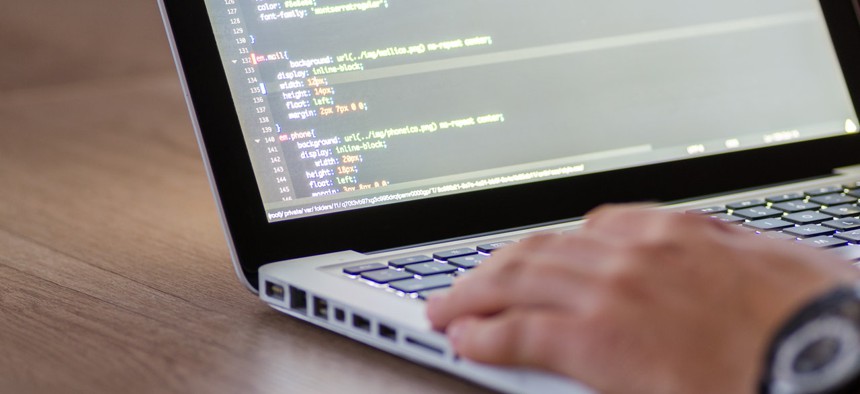
Pexels.com
The Biggest Career Mistake Is Getting Too Comfortable
Starting my career over six times has been one of my greatest assets.
Looking back at my 35-year career, I recently tracked my patent production (160+) and my peer reviewed publications (250+) and noticed an interesting trend.
Due to market dynamics and technology trends out of my control, I’ve had to reinvent my career six times. I started as a watchmaker, pivoted to biology, and have been working on drastically different fields within IT and engineering ever since.
While it’s obvious that the first two years of any new endeavor will bear little fruit, it turns out that each time I started a new career, it was between the 3rd and 6th year that I was most productive. The other effect I realized is that, after the first two of my career re-inventions, I was able to link back to my previous expertise in a way that was not at all obvious when I was working in this field initially. Though it’s counterintuitive, and I didn’t fully realize it myself at the time, starting over from scratch so often had been one of my best assets.
Starting over six times
Being Swiss, in the late 1970s-80’s I apprenticed to become a watchmaker. But my timing was bad due to the emergence of cheap, electronic watches with LCD screens, and I quickly pivoted to a new “hot” field—biochemistry.
After graduating with my PhD in April 1988, I joined IBM’s Zurich Research Laboratory as a post-doctoral student. My position involved a tool called a scanning probe microscope (SPM) which positions a microscopic, ultra-sensitive tip, like a needle, directly above an object. The tip records tiny currents and forces, which are then translated to images by computer to show the surface structure of crystals and chemical reactions for a number of applications, like the development of new electronics. The engineering knowhow I’d picked up as a watchmaker was essential. I worked in this molecular engineering field for seven years, and developed more than 15 patents and published 50 papers.
Following this work, I transitioned to working on LCD technology. This leap may have appeared to lack any connection to my previous experience, but in fact, the technology used in LCD screens relies on handling tiny volumes of fluids, bringing me back into the microscopic world. Instead of studying biomolecules we were improving the resolution of computer displays. After eight years I had another 30 patents and 30 papers.
IBM eventually divested the display business, and so I needed to find another career. It was 30 October 2006 and I was in London attending a conference where the now famous 700-page Stern Review became public. This report predicted that without action, the overall costs of climate change would be the equivalent of losing at least 5% of the global gross domestic product (GDP) each year, now and forever.
Because I had worked in IT, I knew that the IT industry was responsible for 2% of the world’s total carbon emissions, and our clients would be demanding a solution that reduced these emissions in the near future. Because I had worked in biology, I had an idea for how to build one. I came up with a drastic concept for a “zero emission data center” inspired by the way our brain is powered and cooled using blood in branched networks. Eventually this idea helped build the fastest supercomputer in Europe, and the most energy efficient in the world.
Connecting the dots
Looking back now at the six years I spent on this research, I am convinced that without my experience and education in micro-technology and biochemistry, this idea (25 patents, 30 papers) never would have seen the light of day.
All of which makes me optimistic about another recent turn I’ve made in my career. I am now focusing on what I call the “Internet of the Body,” combining my skills in electronic miniaturization, biology and my knowhow in energy efficient computing to build an ear-sized device which becomes a trusted personal healthcare advisor.
So what did I learn after several reinventions over more than three decades?
Growth and comfort don’t co-exist. Neither do change and comfort. It would have been easy for me to stay a watchmaker or work on displays for 35 years, but I have zero regrets for having seized other opportunities to change and reinvent myself. Whether it’s a change in technology or a strategy, which pushes you in a new direction, embrace or even accelerate it, don’t fight it.
The biggest mistake is to get too comfortable. If you find yourself to be the expert with the most experience in your field, you might already have missed several valuable opportunities for re-invention.
Just remember, time it right and leave on a high note. If my calculations are correct, it’s about every 7 years.
Bruno Michel is an IBM Researcher and a member of the National Academy of Engineering.






